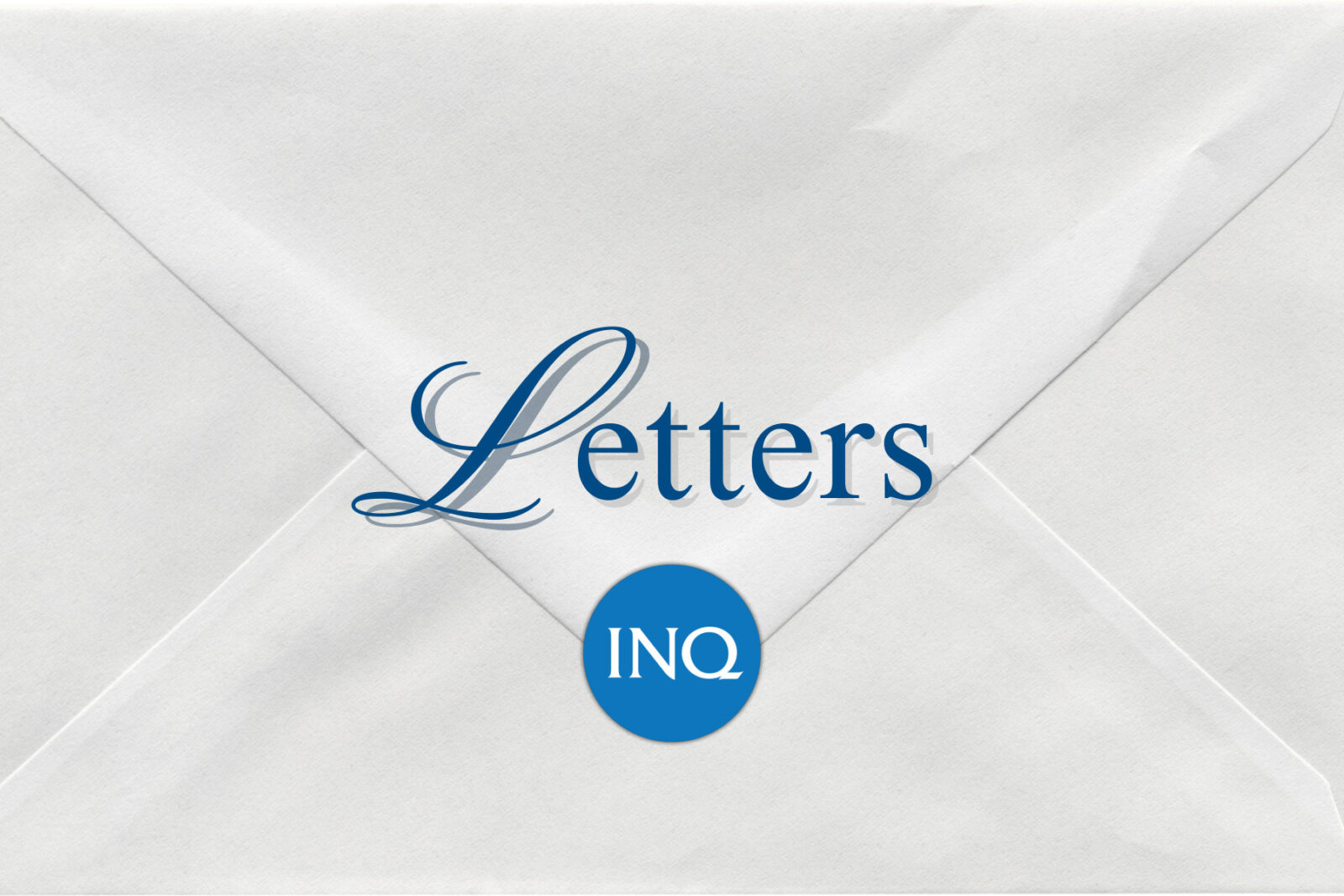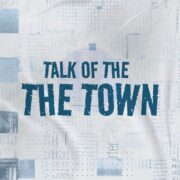The lure of easy fixes: How the internet made pseudoscience go viral

Once upon a time, healing was the domain of science. Trust was earned through rigorous testing, and health advice came from people in white coats who spent years studying what could kill us and what might save us. Today, all it takes is a ring light, a soothing voice, and a few dramatic before-and-after shots to convince millions that a miracle cure is just one click away.
Scroll through any social media app and it won’t take long before a smiling influencer appears, holding a bottle of herbal extract or demonstrating a “life hack” that claims to heal the gut, clear the skin, or reverse aging—all without clinical trials, peer-reviewed studies, or medical regulation. Welcome to the age of digital snake oil.
This isn’t just about misinformation. It’s about the psychology of hope and the vulnerability that comes with being human. Behind every like, share, or comment saying “I needed this today” lies someone desperate for a solution—any solution—that makes suffering feel solvable. The modern internet, built to reward attention over truth, becomes the perfect stage for the theater of wishful thinking.
We must ask: What happened to truth? Who is responsible for protecting it?
In traditional media, gatekeeping was both a strength and a flaw. It filtered out dangerous falsehoods, but it also restricted who got to speak. The internet changed that. Now, everyone has a voice—which is both beautiful and dangerous. Without the friction of editorial review, wild claims spread as fast as they’re posted. And algorithms don’t ask what’s true—they ask what’s clickable.
The medical field has been hit especially hard. No longer confined to clinics and research labs, health advice now flows freely from TikTok videos, Instagram reels, and YouTube vlogs. A wellness guru with a crystal necklace and a charming smile can wield more influence than a physician with decades of experience. Worse, their followers often believe they are “doing their research,” unaware that their search results are curated by the very biases they hope to escape.
So we end up in a world where turmeric is hailed as chemotherapy, essential oils are touted as vaccines, and fasting for 48 hours is marketed as a spiritual detox. All of it has been delivered with confidence, certainty, and a curated aesthetic that mimics credibility.
Of course, many traditional remedies have roots in legitimate healing practices. But the difference lies in the evidence. Science is slow, cautious, and always open to being wrong. Pseudoscience is fast, loud, and allergic to doubt.
The deeper tragedy is that even those who spread misinformation often do so genuinely. They may have experienced relief and now feel called to “share their journey.” But personal experience, no matter how sincere, is not universal proof. It cannot replace data, nor should it override scientific consensus.
So where does that leave us?
We are at an ethical crossroads, not just in terms of technology but in how we define responsibility. Should social media platforms be held accountable for curating misinformation? Should governments step in and regulate health content online? Or does censorship open the door to even greater abuse?
I have no easy answers—only the belief that media literacy must become as essential as reading and writing. We must teach ourselves and others how to ask questions, be wary of sensational claims, and recognize the difference between hope and hype.
While there’s nothing wrong with wanting healing, we must be careful not to trade truth for the illusion of instant relief. Quick fixes may feel good at the moment, but lasting change—like real healing—takes time, wisdom, and a commitment to truth, even when it’s inconvenient.
In a world overflowing with noise, maybe the most radical thing we can do is pause, verify, and think before we believe.
Adi Beltran,
adibltrn@gmail.com

















Health amid air pollution and climate change